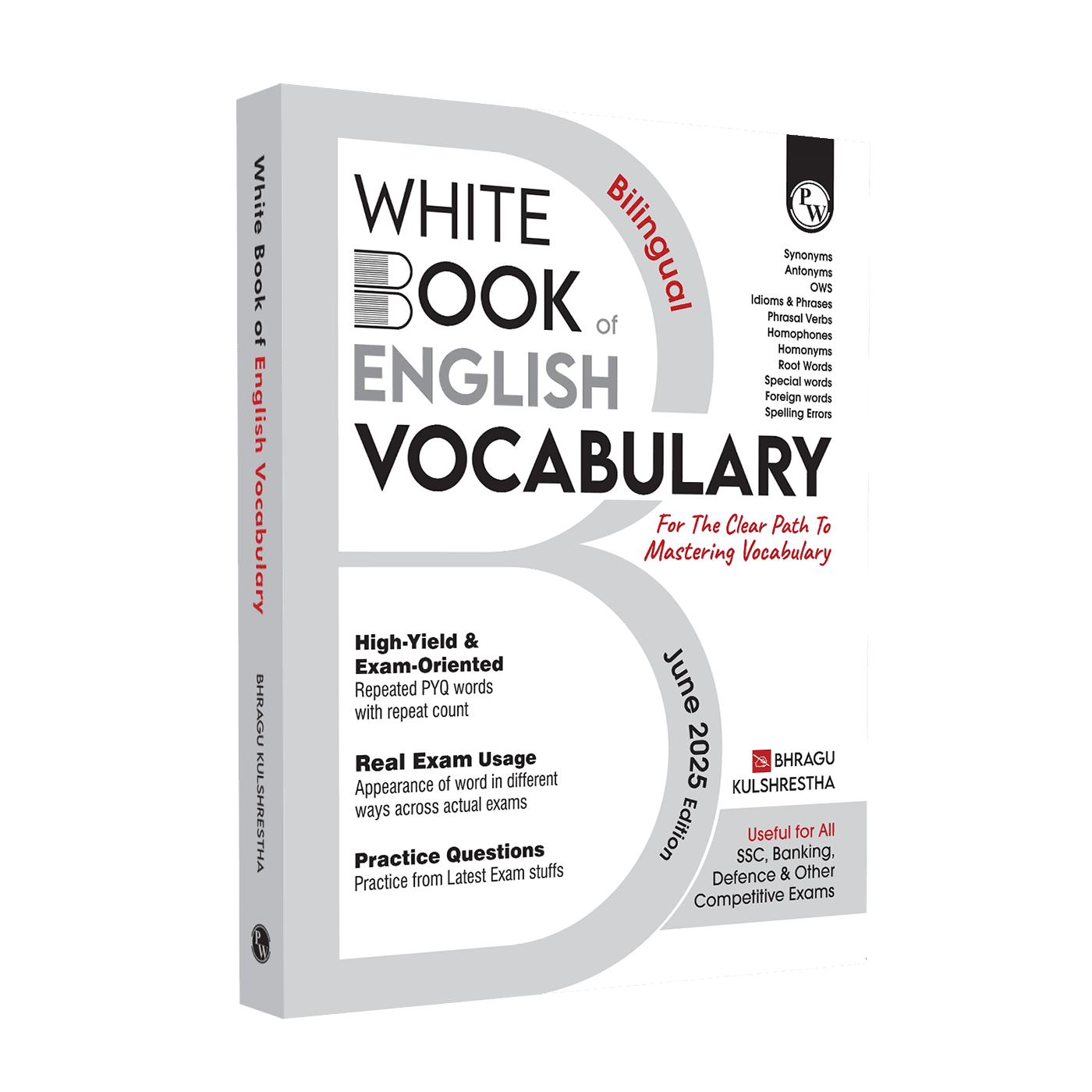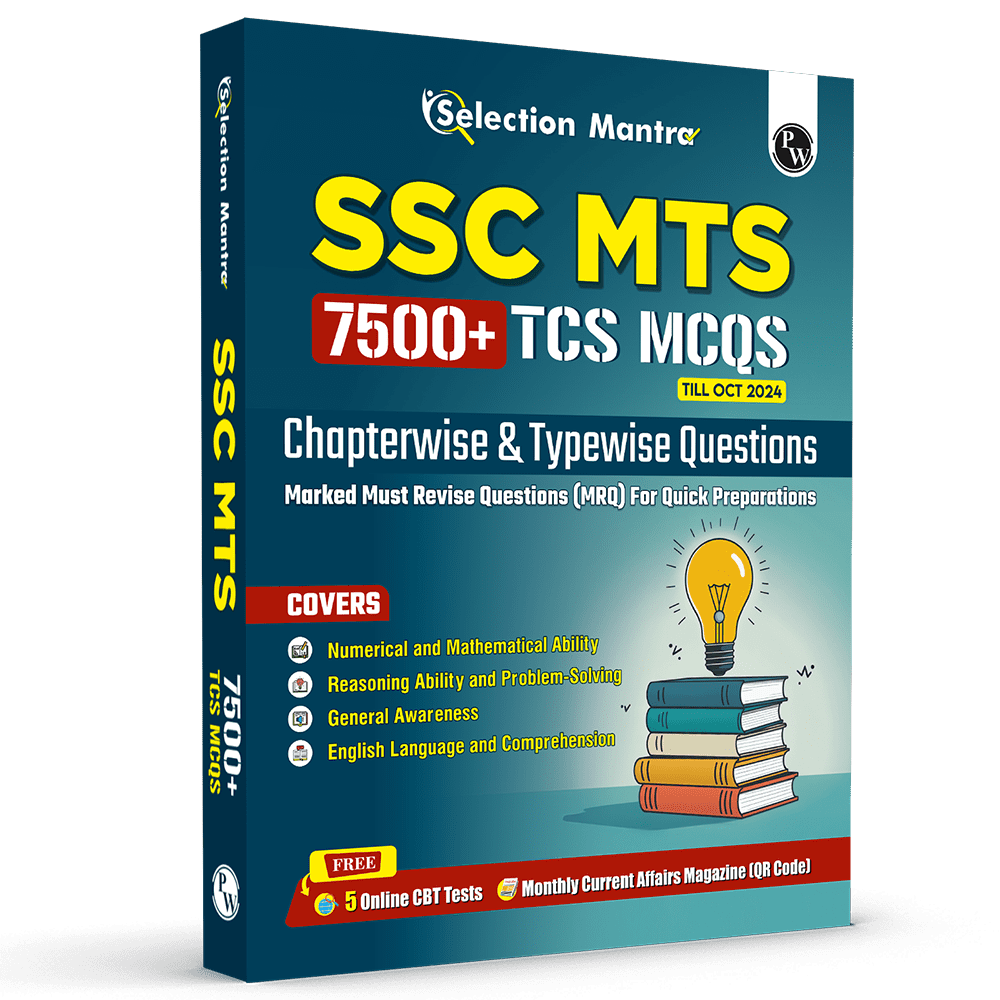How to Improve English Vocab for Competitive Exams?

How to Improve English Vocab for Competitive Exams:- In today’s professional world, having a strong command of English vocabulary is very important. Whether you are a student preparing for competitive exams or a working professional aiming to grow in your career, good English skills can make a big difference. In many fields, from business to science, and even government jobs, clear and confident communication is highly valued. Most competitive exams, including banking, SSC, or civil services, have a section that tests your English vocabulary. If your vocabulary is weak, you may lose marks or struggle with understanding the questions.
Improving your English vocabulary not only helps in exams but also builds your confidence when speaking or writing in formal settings. It becomes easier to explain your ideas, write emails, and face interviews. Learning new words daily, reading regularly, and using vocabulary in real-life situations can help you grow your word bank. Check How to Improve English Vocab for Competitive Exams from the article below.
Check Out: Book of English Vocabulary for All Competitive Exams
List of English Vocabulary
Whether you're a beginner or already practising English for competitive exams, knowing the right words can help you a lot. Most exams today have a section on general English for competitive exams, and understanding word meanings can make that part much easier.
If you struggle with reading or don’t know what a word means in the question, you may lose marks. That’s why learning vocabulary for competitive exams should be a part of your daily routine. To help you with that, here’s a simple and clear list of useful words with their meanings.
|
Word |
Meaning (Simple UK English) |
|
Abject |
Miserable |
|
Abnormal |
Not normal |
|
Abrade |
Wear away |
|
Acquit |
Set free from criminal charges |
|
Callous |
Insensitive or unfeeling |
|
Cantankerous |
Quarrelsome or bad-tempered |
|
Clandestine |
Secret, especially if unlawful |
|
Cumbersome |
Heavy and difficult to carry |
|
Debility |
Physical weakness |
|
Denunciation |
Public criticism or reporting someone |
|
Dormant |
Inactive, like in deep sleep |
|
Elucidate |
Explain or make clear |
|
Fastidious |
Very careful, hard to please |
|
Formidable |
Causing fear or respect |
|
Forsake |
To leave or abandon |
|
Fraught |
Full of anxiety or stress |
|
Gauche |
Lacking social skills; awkward |
|
Haughty |
Proud and unfriendly |
|
Hovered |
Stayed in one position in the air |
|
Impasse |
A situation with no solution |
|
Incorrigible |
Impossible to improve or correct |
|
Inextricable |
Impossible to separate or escape from |
|
Knotty |
Difficult or complicated |
|
Ligature |
Something used to tie or bind |
|
Macabre |
Frightening or horrible |
|
Modalities |
Specific ways something is done or felt |
|
Nullify |
Cancel or make invalid |
|
Ostensible |
Seeming true but may not be |
|
Oust |
Remove or eject |
|
Overt |
Clearly visible or open |
|
Pacify |
To calm or soothe |
|
Palatial |
Grand like a palace |
|
Penance |
Self-punishment for wrongdoing |
|
Pretence |
A false show or claim |
|
Query |
A question |
|
Queue |
A line of people or things |
|
Quiet |
Silent or with little noise |
|
Quintessential |
A perfect example |
|
Quip |
A clever or witty remark |
|
Radical |
Extreme or far-reaching |
|
Rampage |
Violent and uncontrolled behaviour |
|
Rapid |
Very fast |
|
Rapport |
A good and friendly relationship |
|
Recalcitrant |
Refusing to obey rules |
|
Reliant |
Dependent on someone or something |
|
Robust |
Strong and healthy |
|
Rogue |
A dishonest person |
|
Sanguine |
Cheerful or hopeful in difficult times |
|
Startling |
Very surprising |
|
Stationary |
Still or not moving |
|
Stealth |
Secretive or hidden movement |
|
Unravelled |
Solved or untangled |
|
Uproarious |
Very noisy or funny |
|
Urbane |
Polite and confident |
|
Urgent |
Needing immediate attention |
|
Wretchedness |
Great misery or sadness |
|
Wrought |
Carefully made or shaped |
|
Wry |
Twisted or dryly humorous |
|
Zany |
Silly or foolish |
|
Zenith |
The highest point |
|
Zombie |
A dull or lifeless person |
Check Out: SSC English Game Changer 7300+ TCS MCQ For 2025 SSC Exams
Basic to Intermediate Vocabulary Words
This list of basic to intermediate vocabulary words is perfect for students and beginners who are just starting to improve their English. These words are commonly used in daily life, as well as in school and exam settings. Check out the list of English vocabulary here:-
|
Word |
Meaning |
Example Sentence |
|
Accurate |
Correct and without any mistakes |
Her answer was accurate and clear. |
|
Benefit |
Advantage or good result |
Exercise has many health benefits. |
|
Challenge |
A difficult task or problem |
This exam is a real challenge. |
|
Common |
Found often or regularly |
It is a common mistake among students. |
|
Decision |
A choice made after thinking |
He made a quick decision to apply for the job. |
|
Essential |
Very important |
Time management is essential in exams. |
|
Focus |
To concentrate on something |
Please focus on your studies. |
|
Improve |
To make something better |
She wants to improve her English vocabulary. |
|
Knowledge |
Information and understanding |
Reading books adds to your knowledge. |
|
Opportunity |
A chance to do something |
The new job is a great opportunity. |
Check Out: SSC Previous year Papers
Advanced English Vocabulary Words
This section includes advanced English vocabulary words that are often found in competitive exams and professional writing. These words may not be used in everyday conversations, but they are useful for scoring high in exams and improving formal speaking and writing:-
|
Word |
Meaning |
Example Sentence |
|
Alleviate |
To make something less severe |
The medicine helped alleviate the pain. |
|
Concise |
Brief and clear |
Keep your answer concise and relevant. |
|
Diligent |
Hardworking and careful |
She is a diligent student who studies daily. |
|
Emphasise |
To stress on something |
Teachers emphasise the need for practice. |
|
Evaluate |
To judge or assess something |
We need to evaluate the exam pattern. |
|
Innovative |
New and creative |
Innovative ideas are always welcomed at work. |
|
Justify |
To show something is right or fair |
Can you justify your answer with an example? |
|
Precise |
Exact and accurate |
Use precise words in your answers. |
|
Relevant |
Related to the topic |
Only write relevant points in the exam. |
|
Strategy |
A plan to achieve something |
You need a good strategy to clear competitive exams. |
Also Check, Banking Books
How to Improve English Vocab for Competitive Exams?
1. Read Simple English Daily
Reading is the best way to learn new words. Start with simple things like newspapers, short stories, or school-level English books. If a word seems new, note it down and look up its meaning. Reading helps you see how words are used in real sentences.
-
Read one article or story every day
-
Use a highlighter or notebook for new words
-
Try “The Hindu” or “Times of India” for exam-style English
2. Learn 5–10 New Words Each Day
Don’t try to learn too many words at once. Just focus on 5 to 10 new words daily. Write the word, its meaning, and one example sentence. This method is simple and very useful for building vocabulary for competitive exams.
-
Use a diary or word journal
-
Revise old words before learning new ones
-
Make your own example sentences
3. Use Flashcards or Word Apps
Flashcards are small cards with a word on one side and its meaning on the other. You can also use mobile apps like Magoosh, Vocabulary Builder, or Quizlet. These are fun and easy to use anytime.
-
Revise flashcards while travelling or during free time
-
Try to make flashcards for your daily 5 words
-
Play vocabulary games on apps for better memory
4. Watch English Shows with Subtitles
Watching movies or TV shows in English helps you hear how words are pronounced and used. Choose simple shows and always turn on subtitles to read and understand better.
-
Start with cartoons or children’s shows (they use simple words)
-
Pause and repeat new words
-
Write down 2–3 new words after watching
5. Speak and Write in English
Using the new words in your own speaking or writing helps you remember them. Talk to a friend, teacher, or yourself in English. Write short paragraphs or diary entries using new vocabulary.
-
Speak English at home or with friends
-
Write 3–5 lines using the new words you learnt
-
Don’t worry about grammar, just try to use new words
6. Revise Weekly
Learning is not useful if you forget it. So revision is very important. Spend one day every week going over the words you learnt. This helps you remember them for exams.
-
Set one day for revision (like every Sunday)
-
Quiz yourself or ask someone to test you
-
Use colours or stickers to mark important words
7. Learn Root Words and Similar Words
Many English words come from the same root. For example, “write,” “writer,” “writing” all come from the root word “write.” Learning such words together makes it easier to remember their meanings.
-
Group words by topic (e.g., health words, money words)
-
Learn opposites and synonyms too
-
Make word webs or mind maps
8. Practice with Vocabulary Tests
Solving small vocabulary quizzes or general English for competitive exams worksheets helps you test yourself. Many free online tests are available for practice.
-
Do 1–2 short quizzes a week
-
Focus on your weak areas
-
Use past exam papers to know common words
Read More: Static GK Topics for Govt Exams
English Vocab for Competitive Exams FAQs
Q1. Why is vocabulary important for competitive exams?
Ans. Vocabulary helps you understand questions better, answer correctly, and improve your reading, writing, and speaking skills, all of which are tested in exams.
Q2. How many words should I learn daily?
Ans. Start with 5–10 new words each day. It’s better to learn a few words well than to try too many and forget them.
Q3. What is the best way to remember new words?
Ans. Use the new words in sentences, revise them weekly, and practise with flashcards or small quizzes.
Q4. Can watching English shows help improve vocabulary?
Ans. Yes. Watching English shows with subtitles helps you hear and understand new words in real use.
Q5. Should I use a dictionary while learning?
Ans. Yes. Use a simple English dictionary to check meanings, pronunciation, and example sentences.











